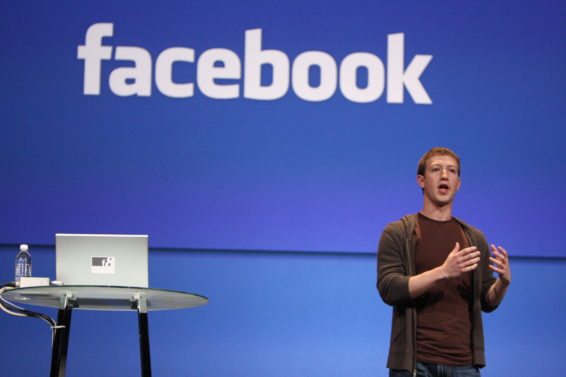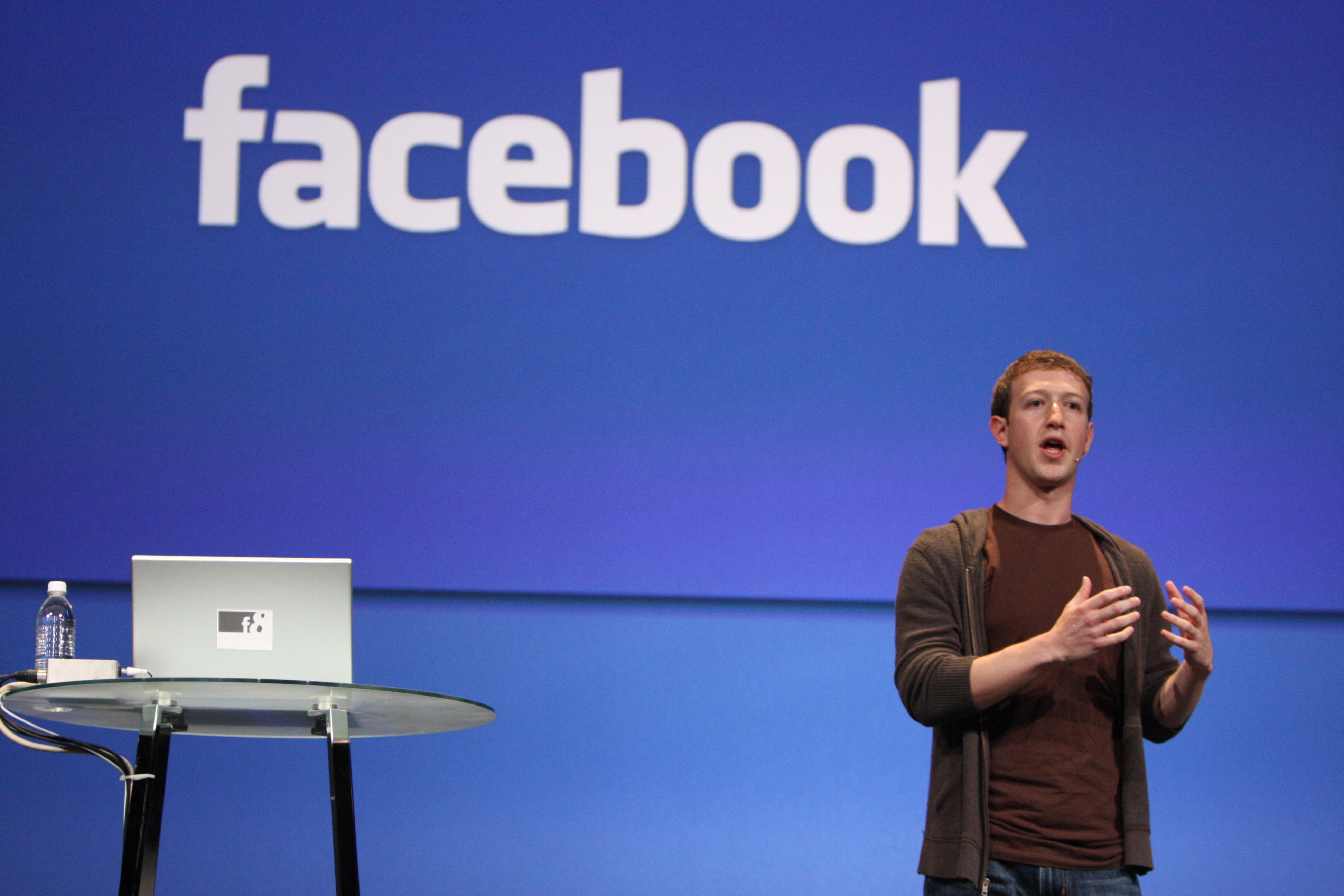While seeking a scapegoat for the election of Donald Trump, people on the internet railed against the hand that feeds: social media sites.

Mark Zuckerberg, the founder of Facebook, has been forced to respond to the allegations that the lack of responsible policing over false news has lead voters astray. Critics said that the clickbait headlines and confirmation-bias nature of the articles help make them profitable, more so than most reliable news sources.
Recently, Twitter banned aspects of hate speech across their site, including removing users from their service completely. Since they provide and own the service, the first amendment doesn’t apply to them, but are these sites exerting too much power?
The rules that Twitter utilize to designate hate speech are unclear and extremely ambiguous in a way that allows Twitter to further an anti-right agenda. If done correctly, both the user-base and the site itself would benefit. People would know how they’re expected to behave on the site, and the site in turn would have a viable defense against accusations of bias.
It’s important to point out that hate speech and fake news are not the same thing and they should be weighted differently. Yet, social media sites could learn something about the importance of transparency by reviewing the criticism against Twitter’s decision.
Free speech is a fundamental cornerstone of the democratic process. Journalism stands as the fourth estate that monitors how government is operating for the people. There are no certificates to prove that you’re a journalist. Citizen journalism is growing and those people can tell stories without attaching themselves to larger companies. To limit the access of those stories would pose a significant problem for journalists.
Where does the line stand on fake news and how will social media companies properly police the internet? Companies like Twitter would need to fact check articles individually, and know how would they distinguish between satire and fake news.
Facebook and Google have both taken actions against fake news by banning adsense on fake news websites. They are attempting to punish and defund lying news sources. These methods have only left a small dent, but at least they’re moving toward a solution.
Freedom of speech and trusted new sources are incredibly important for society. These are aspects that ensure our freedom and keep our government accountable. At the moment, trust in the media is at an all time low, and the spread of fake news hurts the medium most directly.



